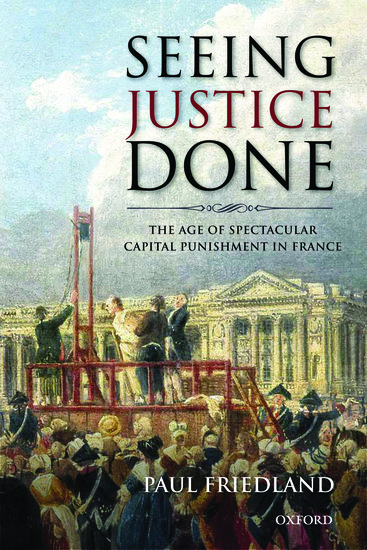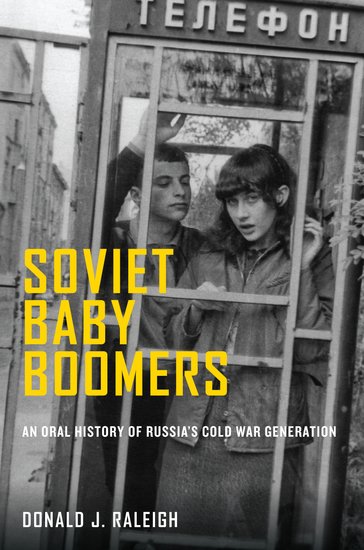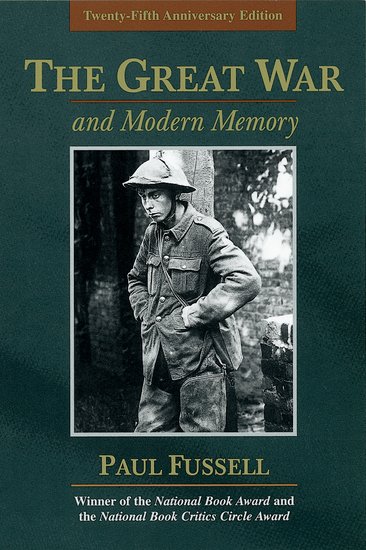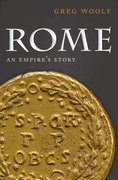Pablo Picasso gives first exhibition outside Spain
This Day in World History
On 24 June 1901, two Spanish artists joined in an exhibition of their works at the Paris gallery of Ambroise Vollard. One of these artists was Francisco Iturrino, who had lived off and on in Paris since 1895 and whom Vollard had mentored. The other was a not-yet-20-year-old named Pablo Picasso, who had been befriended by Iturrino and the gallery owner.










